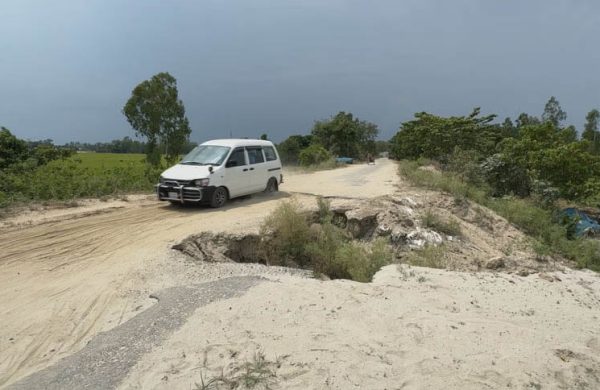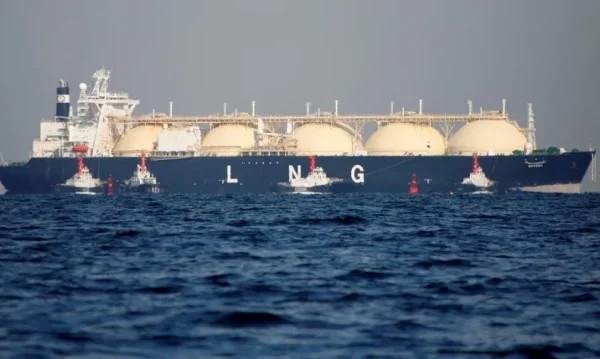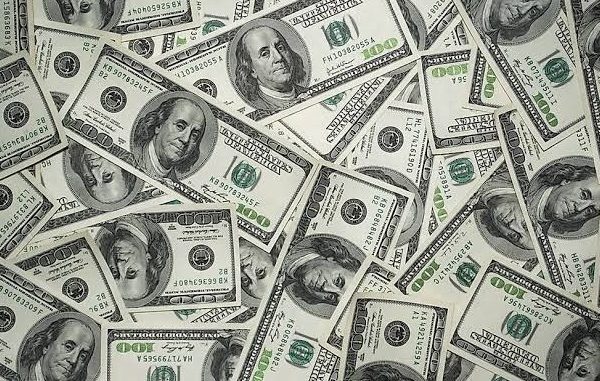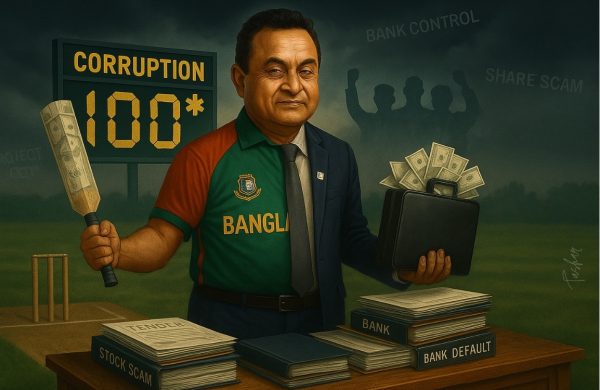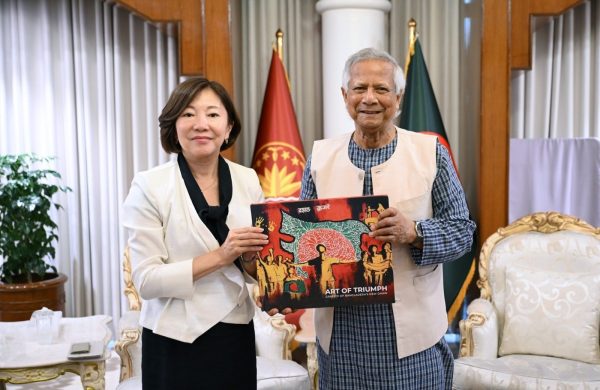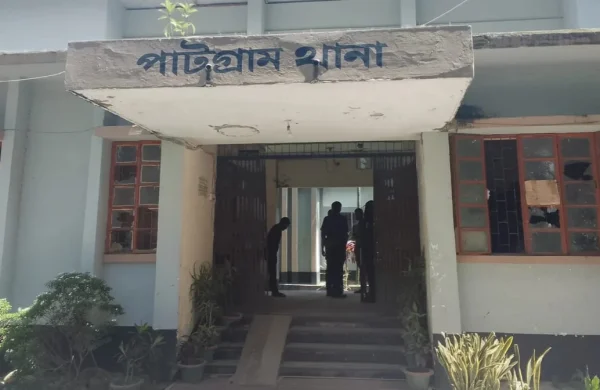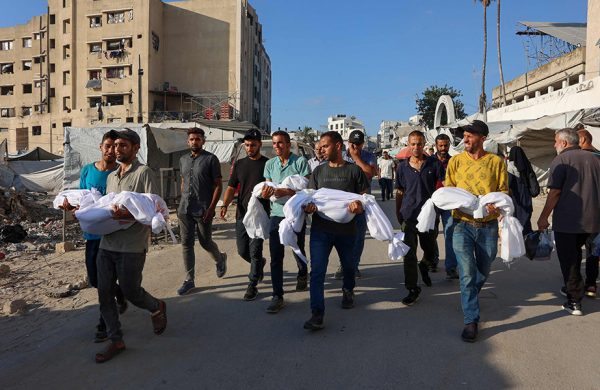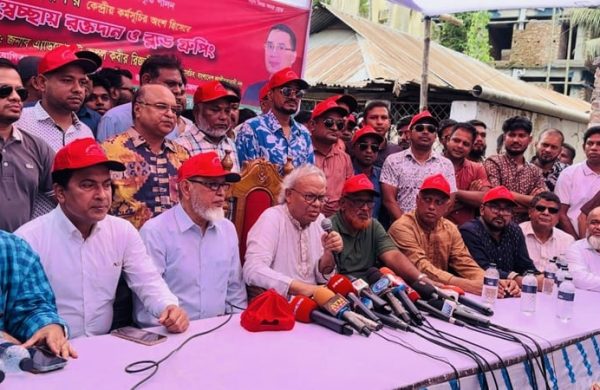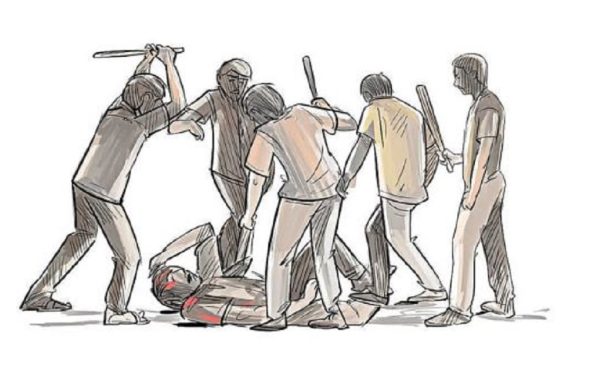Economy to face 3 challenges in new FY
- Update Time : Thursday, July 3, 2025

Staff Correspondent:
It has been 11 months since the current interim government took office. A new fiscal year has just begun. During the tenure of the previous Awami League government, nearly all key economic indicators were on a downward trajectory. Despite being in power for over 15 years, the government made little effort to pull the economy out of crisis.
Since taking office, the interim government has initiated reforms and begun the process of economic stabilisation. As a result, the decline in foreign exchange reserves has been halted, the fragile state of the banking sector has shown some signs of improvement, and the foreign exchange market has regained stability.
Although export earnings did not see significant growth in the last fiscal year, the overall performance was satisfactory amid various uncertainties. Remittance inflow through legal channels was also strong.
Despite progress in economic indicators, people did not get the much-aspired relief. Inflationary pressure eased slightly, but could not be tackled fully. Both public and private investment has remained largely stagnant, and job creation has been underwhelming. There are growing concerns that the number of people living in poverty may increase.
In this context, the interim government is facing three major challenges in the 2025–26 fiscal year – tackling inflation while boosting revenue and investment, addressing election-related political uncertainty, and dealing with global trade issues, including reciprocal tariffs of the United States.
Political uncertainty over the national election is increasing concerns in the economy. Historically, GDP growth tends to slow in election years as businesses adopt a wait-and-see approach before launching new ventures.
Additionally, the US suspension of reciprocal tariffs is set to expire on 9 July. Without a new arrangement, exports from Bangladesh and many other countries could be adversely affected.
Selim Raihan, executive director of the South Asian Network on Economic Modeling (SANEM), told journalist that inflation is still not under control, while investment remains stagnant, and revenue collection is weak.
He pointed out that reserves look modest, but this is largely due to reduced import costs and an increase in foreign loans. Thus, the reserve situation cannot be considered as strong as it seems.
According to him, the economy still remains under pressure. While the government claims elections will be held during the current fiscal year, there is still unease among the business community over whether power will be transferred peacefully. Also, there are concerns about how the US tariffs could impact exports if imposed.
AREAS OF PROGRESS
One of the biggest achievements of the interim government has been halting the decline in foreign currency reserves. According to IMF’s BPM6 method, reserves have remained above USD 20 billion for the past 9–10 months. As of Sunday, the gross reserve stood at USD 31.31 billion, while the BPM6-adjusted reserve was USD 26.32 billion.
The rise in reserves is primarily due to higher remittance inflows through legal channels and increased export earnings. At the same time, import growth has slowed.
In late June, Bangladesh also received nearly USD 2 billion in loans from the IMF, World Bank, and ADB, contributing to the boost in reserves. Also, the exchange rate for the US dollar has stabilised, which has brought some relief to the economy.
DISCOMFORTS
For over three years, people have been struggling with rising prices of essentials. Such prolonged inflation has not been seen since 1986.
Although inflation has recently dropped into the 9 per cent range, the average for the first 11 months of the last fiscal year (July–May) was 10.18 per cent.
Food inflation has been the most painful, reaching 14.10 per cent in July last year—the highest in 13 years. With wages failing to keep pace, people’s real incomes have declined. The World Bank warned that nearly 3 million people could fall into extreme poverty.
Meanwhile, revenue collection remains weak. Initial data for the last fiscal year shows that the National Board of Revenue (NBR) collected about Tk 3.61 trillion, which is Tk 200 billion more than the previous year. The NBR has struggled to meet its revenue targets despite IMF-imposed reforms.
Like previous years, domestic and foreign investment remained largely stagnant in the last fiscal year. Structural barriers – such as lack of policy continuity, bureaucratic delays in registration and licensing, and persistent energy shortages – continue to hinder investment.




